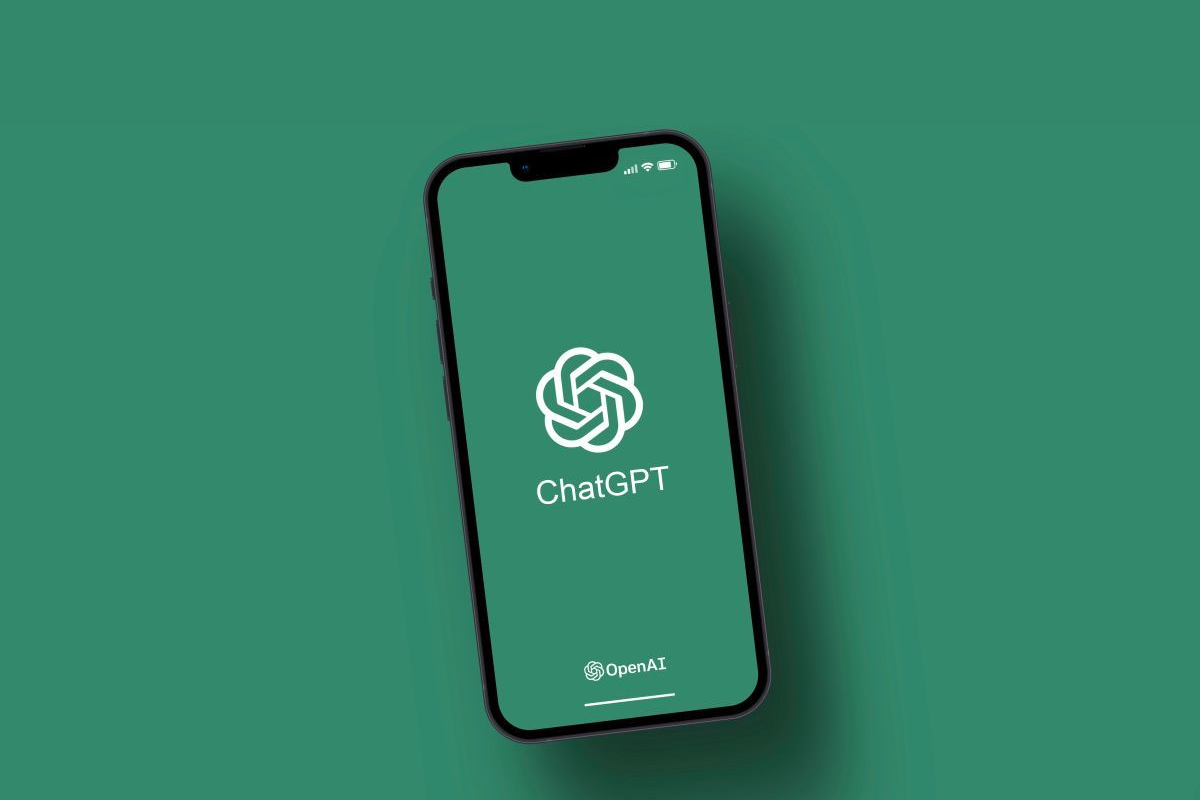With its latest update, OpenAI has introduced the ChatGPT Agent—a powerful new tool designed to independently handle complicated tasks. This major update was unveiled on Thursday, July 17, during a live event where OpenAI CEO Sam Altman and his engineering team showcased how the new Agent works in real time.
Thanks to this new feature, ChatGPT can now perform a wide variety of tasks without constant user input. It can browse the web, check a calendar for upcoming events, assist with travel plans or shopping lists, generate slides for presentations, and more. All of this is done using a built-in virtual computer, allowing the AI to act more like a true assistant that works in the background.
The ChatGPT Agent is powered by a specially developed model that supports multiple tools and combines their abilities through what OpenAI calls a “unified agentic system.” This system brings together technologies from OpenAI’s earlier tools like Operator and Deep Research, allowing the agent to take action on behalf of the user by automatically selecting and using the right tool for the job.
It includes access to a visual browser, text browser, APIs, and terminal tools. The agent can even connect with third-party services like Gmail and GitHub, helping users with tasks like sending emails, managing code, or checking repositories. Users can also upload their data to let the AI analyze or process it using advanced methods like reinforcement learning.
To start using this capability, users with Pro, Plus, or Team plans can simply select “agent mode” from the tools menu during any conversation. After that, the agent will start handling tasks by itself.
In terms of performance, the model behind the ChatGPT Agent has shown impressive results. It scored 41.6% on the challenging Humanity’s Last Exam (HLE), which tests deep academic reasoning. It also performed well on other benchmarks like FrontierMath (27.4%), SpreadsheetBench (45.5%), and BrowseComp (68.9%), which evaluates how well AI can navigate the internet. In some tests, like DSBench (focused on data science), the Agent even outperformed human experts.
The idea of intelligent agents that can act independently has been gaining momentum since 2023. Major tech companies like Google, Amazon, and Meta have been working on their versions of AI agents. Recently, Google made headlines by hiring the R&D team of Windsurf, a company focused on agentic AI. Now, with the launch of its Agent, OpenAI has joined the race to build advanced assistants that don’t just answer questions—they get things done.



